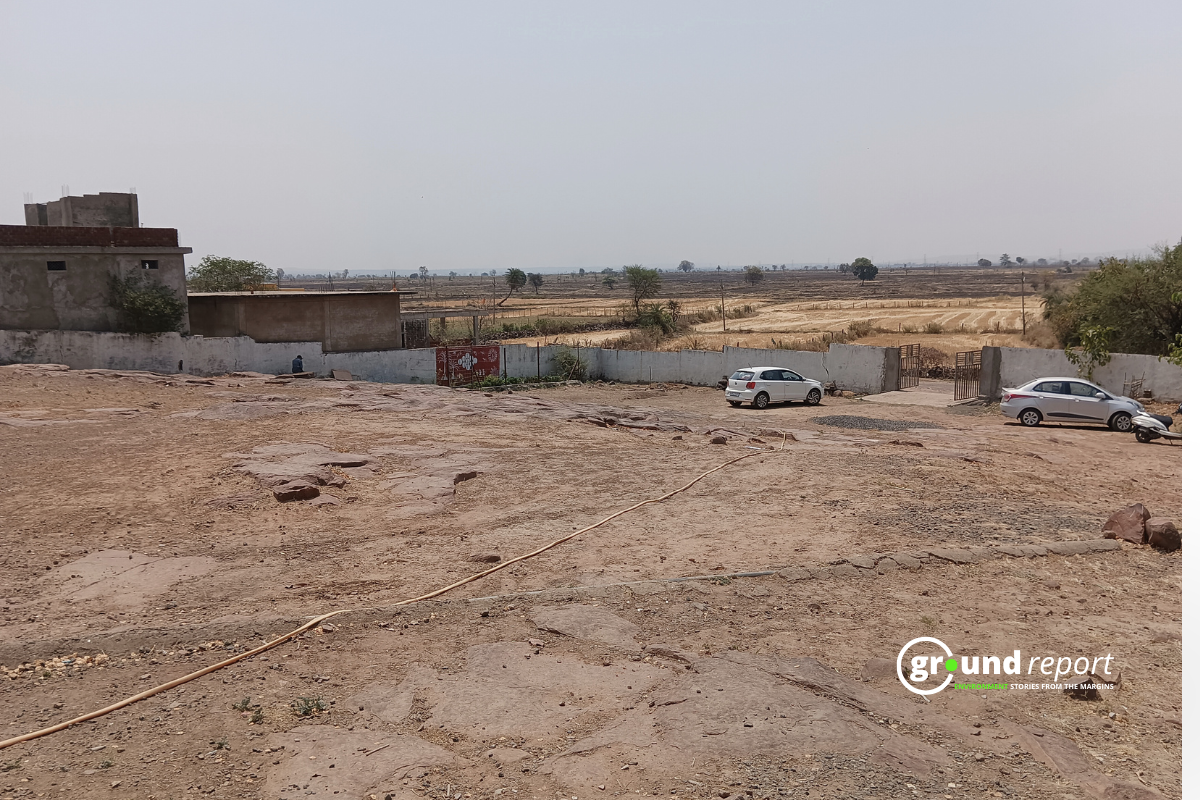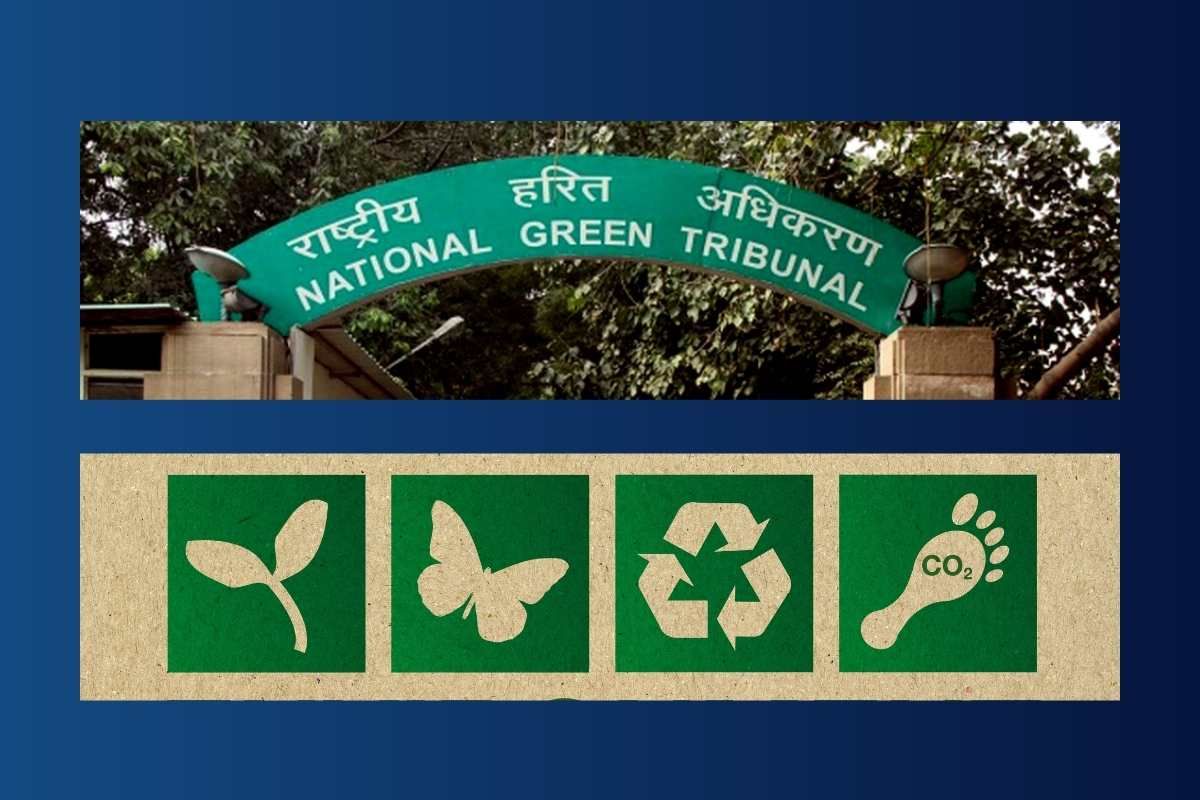The joint inspection team, in response to the National Green Tribunal (Central Bench, Bhopal) dated July 27, 2023, visited the Grasim Industries site in Nagda, district Ujjain on August 23 and 24, 2023.
The task was assigned to the team to assess the allegations made in the petition and objection dated July 1, 2023, along with the current compliance status of zero liquid discharge, ambient air quality, river water quality, ground water quality, and drain.
Grasim industries’ efforts
The report asserts that Grasim Industries (Chemical Division) in Nagda, located in Ujjain district, has upheld zero liquid discharge status since 2018 through the installation of a ‘multiple effect evaporator (MEE) and agitated thin film dryer (ATFD)’. The inspection did not detect any discharge of wastewater during the visit.
To manage emissions, the unit has implemented scrubbers. The manual monitoring values and data from the continuous emission monitoring system (CEMS) all remained within the consent limits.
The unit has integrated a CEMS system for real-time emission monitoring and also deployed PTZ cameras at two locations for remote live activity observation. All data is transmitted to the Madhya Pradesh Pollution Control Board (MPPCB) portal.
Recommendations by the committee
The committee recommended various measures, including controlling odors based on a study conducted by JM Enviro, Gurugram. They also proposed that the district administration ensures tap water supply in affected villages and conducts regular monitoring of groundwater and soil quality.
They suggested organizing health check-up camps for nearby villages and expediting the construction of a sewage treatment plant by the Municipal Council, Nagda.
Additionally, they recommended the development of an action plan for treating wastewater from commercial activities and vehicle washing in industrial areas.
The NGT had taken action based on the complaint filed by Sheikh Shakir, who alleged that the unit was discharging untreated water and expressed concerns about the impact of various acidic elements used in the industrial process on the local environment and public health.
The joint committee conducted an inspection on August 23 and 24, 2023, in response to the NGT’s order. Their task was to assess the accuracy of the allegations and evaluate the unit’s compliance with zero liquid discharge, ambient air quality, emissions, river water quality, groundwater quality, and drainage systems.
Grasim Industries (Chemical Division) in Nagda has consistently maintained a zero liquid discharge status since 2018, and the committee found that the company controls emissions from the stacks through the use of scrubbers. Continuous monitoring data also remained within the limits specified in the consent.
To further enhance environmental protection and public health, the NGT committee’s recommendations aim to address key concerns and ensure sustainable practices in the region.
Allegations and concerns
The applicant, Shaikh Shakir, had alleged that the unit was discharging untreated water on land and into the river Chambal. He claimed that the unit’s use of various acidic elements like sulphur, mercury, and chlorine was causing pollution and affecting the health of Nagda’s residents.
Keep Reading
- Jammu and Kashmir facing worst impact of climate change
- Climate Change impacts: Kashmir’s agri and horti sectors at risk
- Climate change leaves Kashmir villages without water
- Climate Change: Impact of Untimely Snowfall on Nomads of Kashmir
- Why are Sheep dying in Kashmir?
Follow Ground Report for Climate Change and Under-Reported issues in India. Connect with us on Facebook, Twitter, Koo App, Instagram, Whatsapp and YouTube. Write us on GReport2018@gmail.com






